When political gridlock meets cutting-edge technology, the results can be surprisingly far-reaching. The current US government shutdown has created an unexpected casualty in the tech world: product launches that depend on federal regulatory approval.
You might not think about it when you are unboxing your latest smartphone, but there is a comprehensive certification process that ensures every radio-frequency device meets safety and interference standards before it can legally hit US shelves. Multiple new technology releases face significant delays, according to GovTech, as essential certification processes grind to a halt. The bottleneck has caught some of the tech industry’s most anticipated launches in its web, from premium cameras to gaming controllers to audiophile speakers, all of which require Federal Communications Commission approval before reaching consumers.
Among the affected products are devices like the Leica M EV1 camera and Razer’s Raiju V3 Pro gaming controller, as reported by TechBuzz. What started as a funding dispute in Washington has now rippled into the consumer electronics space, a reminder of how connected government operations and the tech ecosystem really are.
Why the FCC matters more than you think
Here is the plain-English version. Any device that emits radio frequencies, which includes virtually every modern smartphone, wireless speaker, or gaming controller, must receive Federal Communications Commission clearance before hitting US shelves. Think about it. Your phone, your wireless earbuds, that smart speaker in your kitchen, even your gaming controller, they are all constantly transmitting radio signals. Without oversight, you would have a chaotic mess of devices stepping on each other’s signals and risking disruption of critical communications.
The FCC currently operates with minimal capacity during the shutdown, effectively putting certification processes on hold. The scale of the disruption comes into focus when you hear that 81 percent of FCC staff have been furloughed, as reported by Broadband Breakfast. In normal times, the FCC processes hundreds of equipment authorization requests each month. Now fewer than one in five employees are handling that workload, which means an immediate queue that grows longer each day.
This is not just bureaucratic red tape. RF certification prevents real-world problems like a gaming controller interfering with emergency services radio communications or a wireless speaker bleeding into air traffic control frequencies. The regulatory freeze has already stalled major telecommunications transactions, too, including Charter Communications’ $34.5 billion merger bid with Cox Communications, according to Broadband Breakfast, a sign that the shutdown’s effects hit both consumer gear and big telecom deals.
The growing backlog problem
Here is where things get messy. The longer the shutdown drags on, the harder the recovery. Each day of delay adds to a certification backlog that will take real time to clear once operations resume, potentially creating even longer delays down the road, as noted by GovTech.
It is like letting your email pile up on vacation. Except every unprocessed “email” is a product someone is waiting to buy. Washington’s digital policy workforce remains largely paralyzed, stalling numerous regulatory actions that were scheduled for recent weeks.
The ripple effects reach beyond product launches because the same machinery handles consumer-facing services. Essential protection tools have gone offline, including fraud reporting tiplines and the national “Do Not Call” registry, as reported by Tech Policy Press. That creates a perfect storm where new product approvals and ongoing consumer protections both sputter. The skeleton crews managing equipment certifications are the same teams that would typically handle consumer complaints and fraud prevention during normal operations.
Beyond OnePlus: the broader tech ecosystem impact
The delays do not stick to a single product category, which shows how pervasive radio frequency tech has become across modern electronics. Premium audio brand WiiM faces delays for its Sound audiophile speaker, while gaming fans wait on Razer’s Raiju V3 Pro wireless controller, according to TechBuzz. Photography pros feel it too, with Leica’s M EV1 camera launch postponed indefinitely by the same certification logjam, as reported by GovTech.
What stands out about this mix is that it spans premium audio, professional photography, and competitive gaming sectors, where wireless connectivity and RF transmission have become standard features, not luxury add-ons. Even traditionally standalone devices now talk to something.
The shutdown’s reach stretches across broader tech oversight as well, slowing multiple regulatory fronts at once. The Federal Trade Commission is operating with roughly one-third of its workforce, about 400 employees, while the Justice Department’s antitrust division cuts back to 60 percent staffing, according to Tech Policy Press. Ongoing competition investigations and consumer protection efforts slow down, which affects everything from merger reviews to antitrust enforcement that shapes the market these delayed products will eventually enter.
PRO TIP: If you are waiting for any of these delayed products, it might be worth looking into alternatives that are already available, since we do not know how long this will last.
What this means for the tech landscape ahead
The moment makes clear how dependent the modern tech ecosystem is on federal processes, even for companies that pride themselves on speed and agility. Tech firms can pivot quickly. Getting a device into your hands still requires a government sign-off that can stall during political fights.
As the shutdown continues with federal reduction-in-force plans already underway, the technology sector faces an uncertain timeline for new launches. The disruption goes beyond consumer devices. The Commerce Department’s furlough of the vast majority of its 43,000 employees has halted most research activities at the National Institute of Standards and Technology, as reported by Broadband Breakfast. That cuts into the foundational research that underpins future technology standards and innovation frameworks.
For consumers waiting on these devices, patience will be essential. Many products are probably manufactured and boxed, sitting in warehouses that are ready to ship. The holdup is the regulatory all-clear.
The real question is not only when these products launch, but how quickly the regulatory machinery catches up once normal operations resume. Based on typical government processing recovery patterns, industry observers estimate that certification backlog could take weeks or even months to clear, even after the shutdown ends. Delays may linger well beyond the political resolution, which sets up a longer disruption cycle that affects product launches throughout the first quarter and potentially beyond.







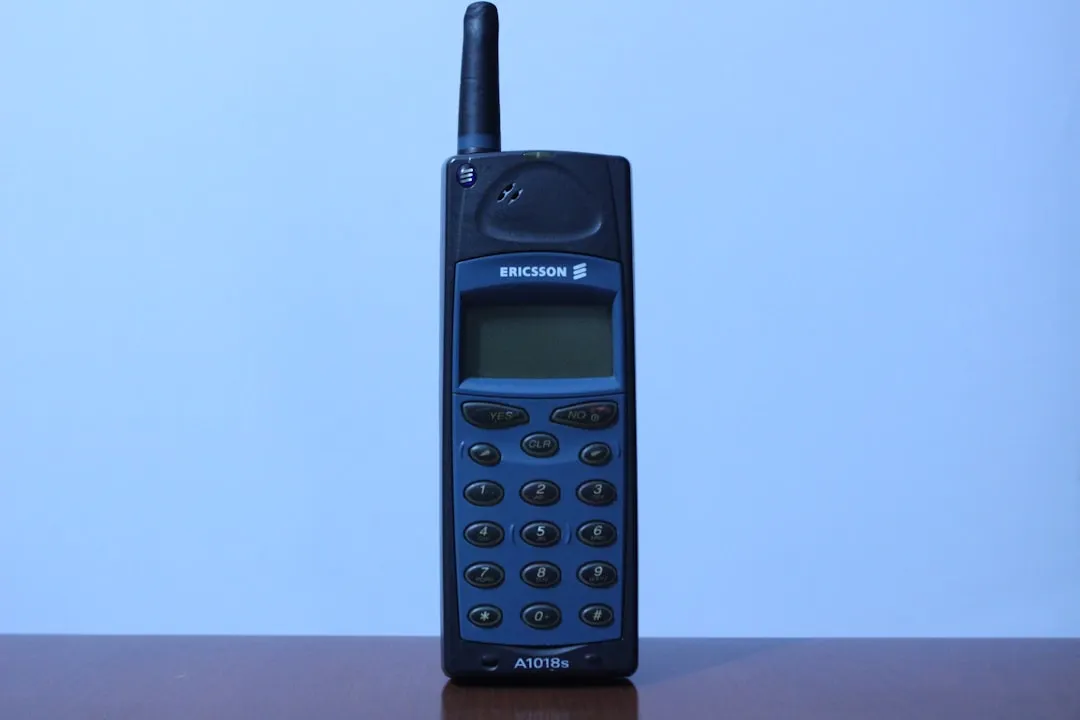





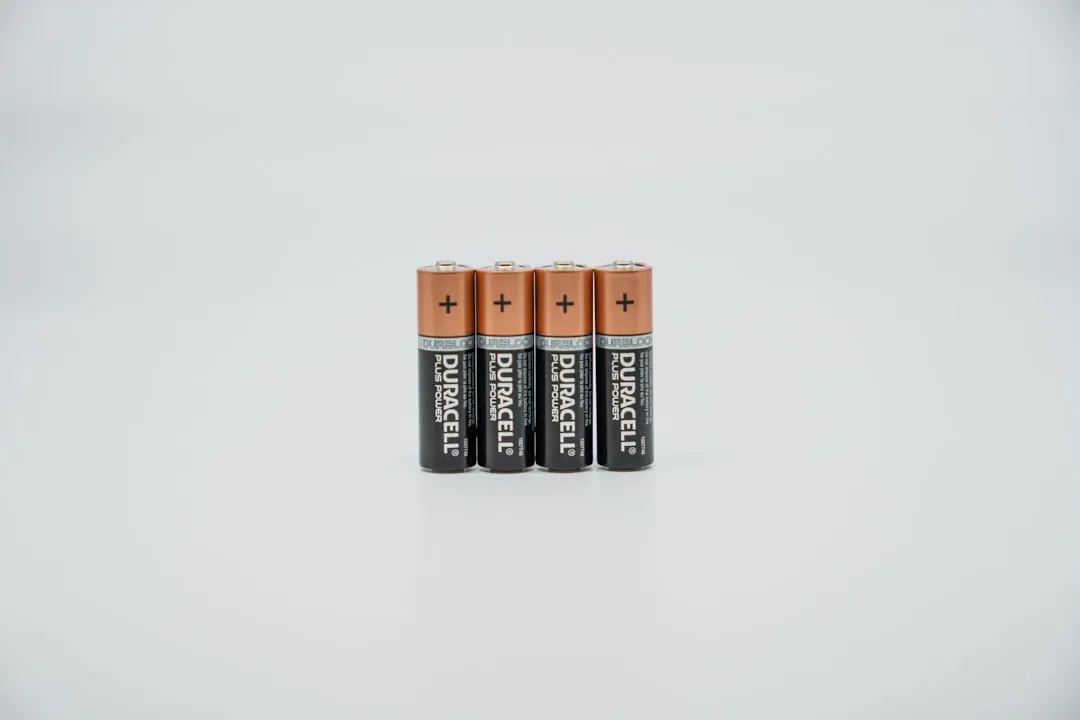




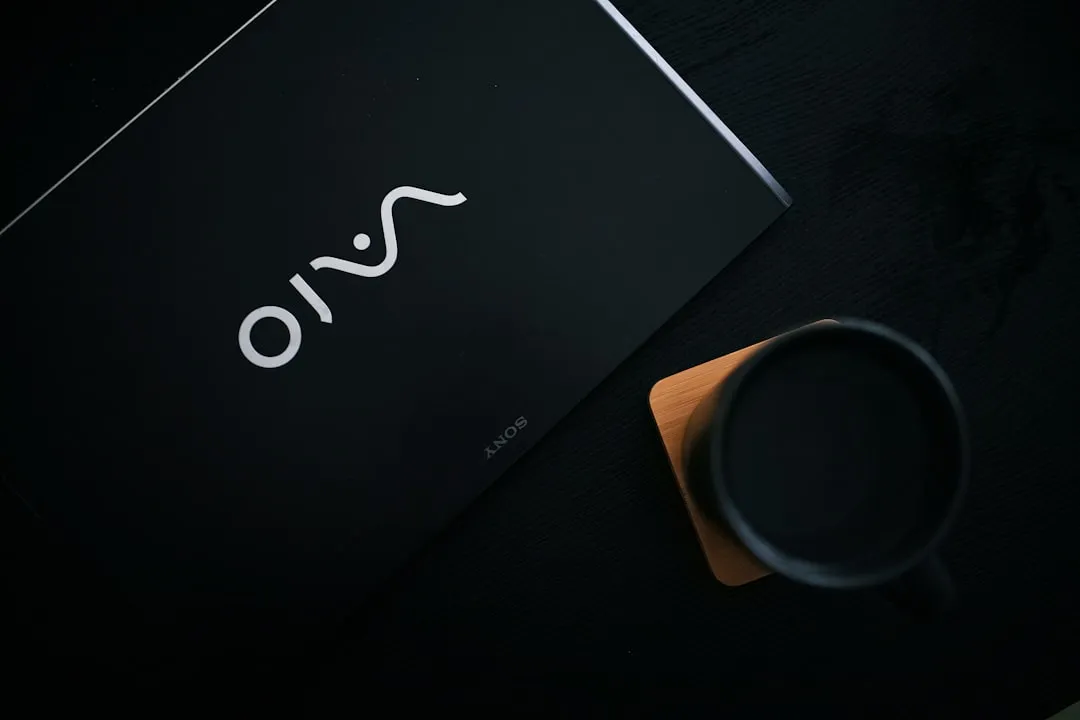
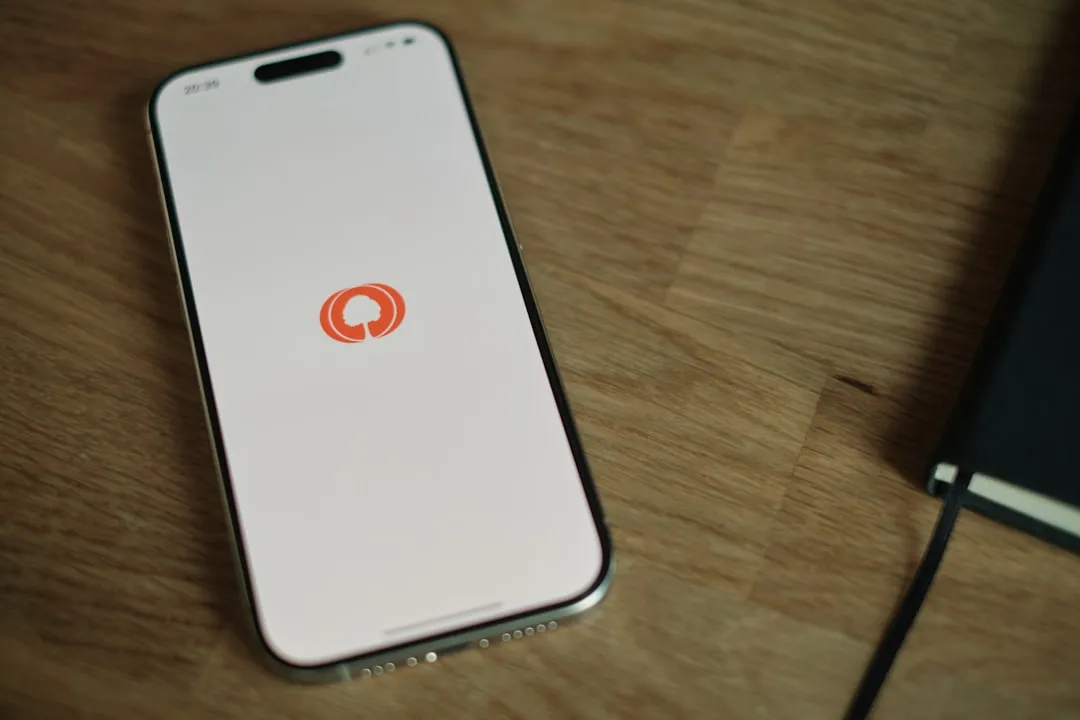
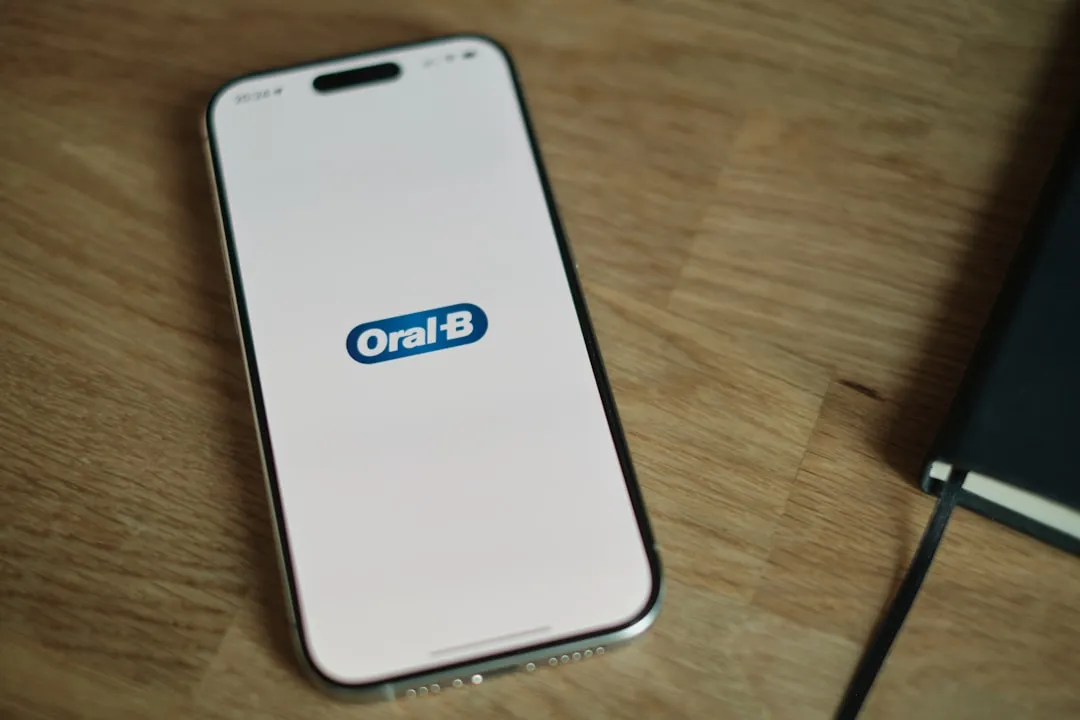


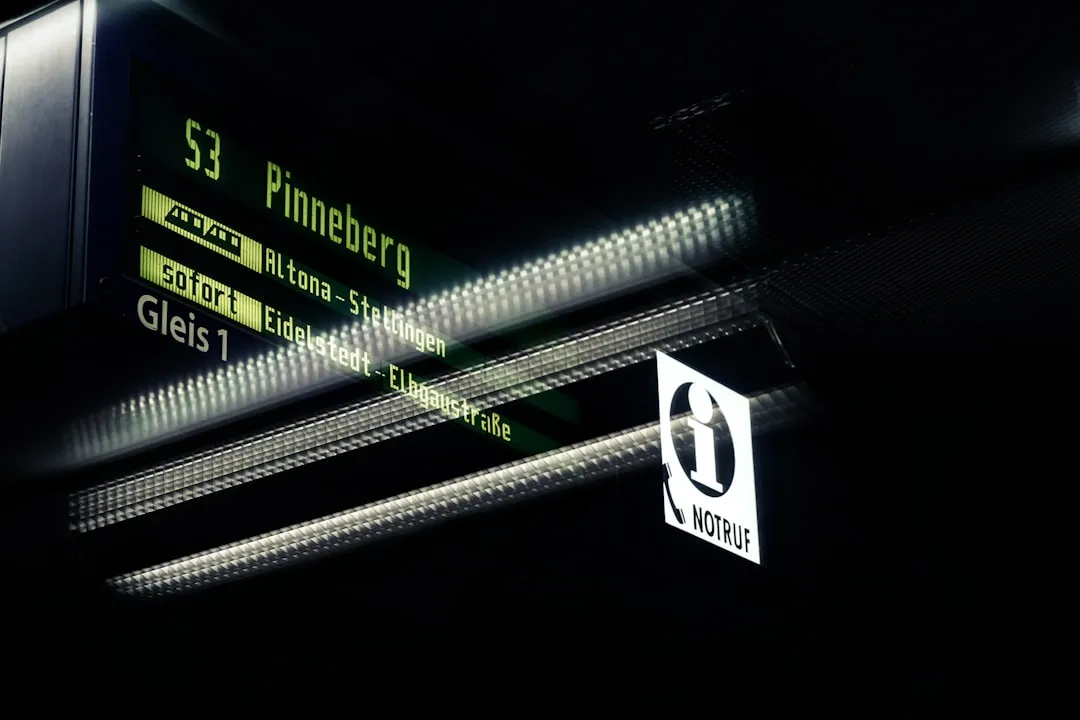
Comments
Be the first, drop a comment!